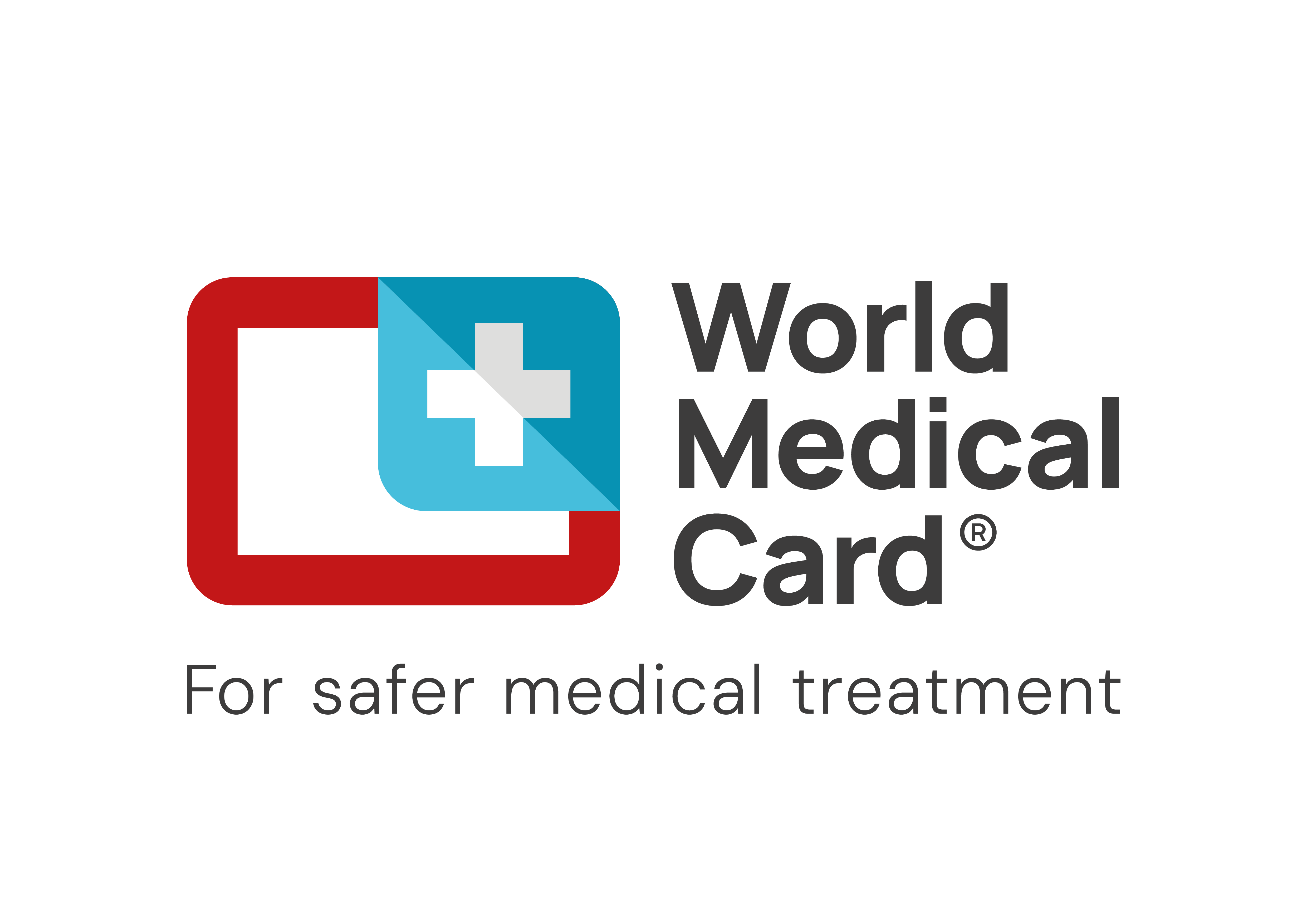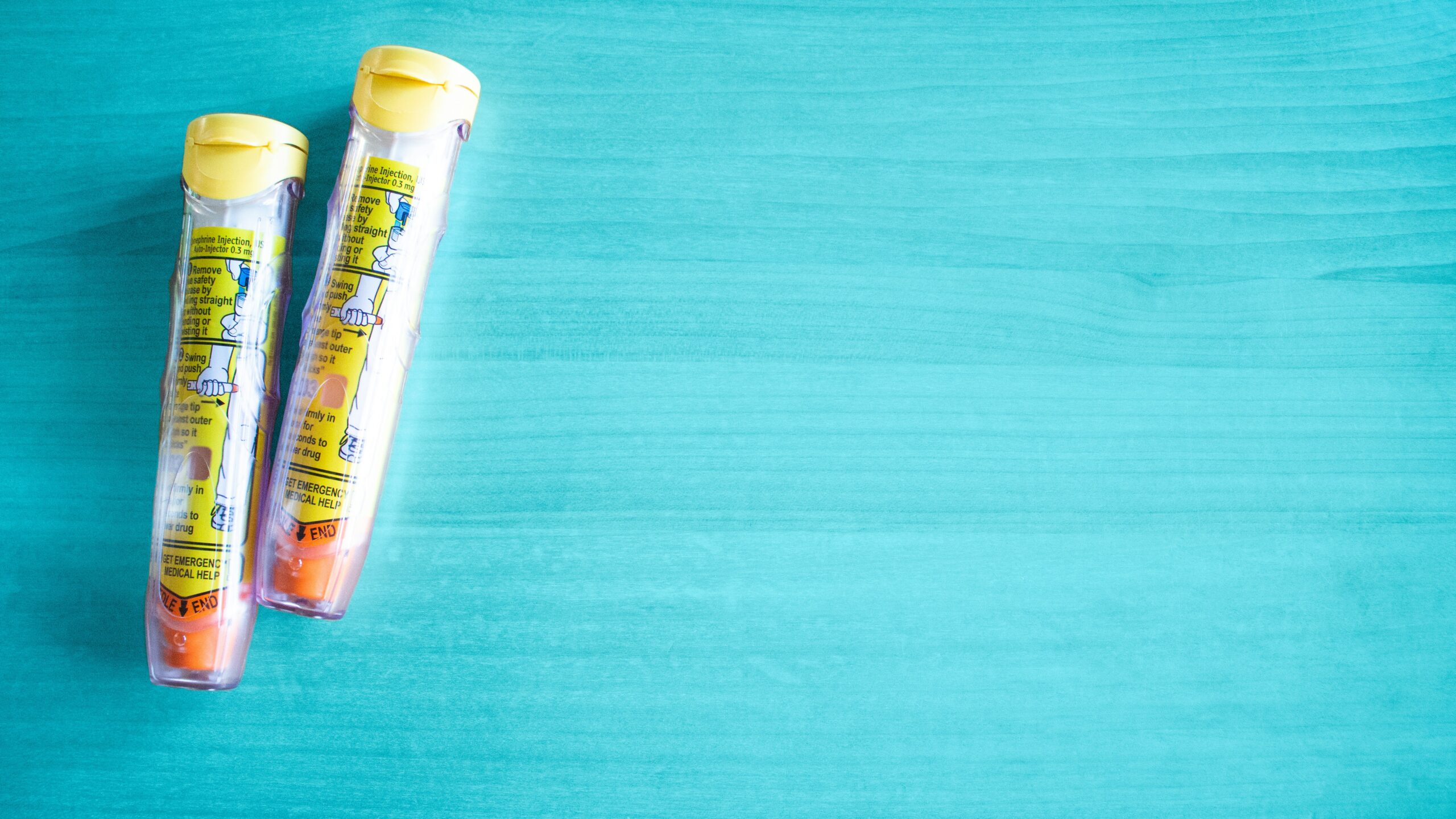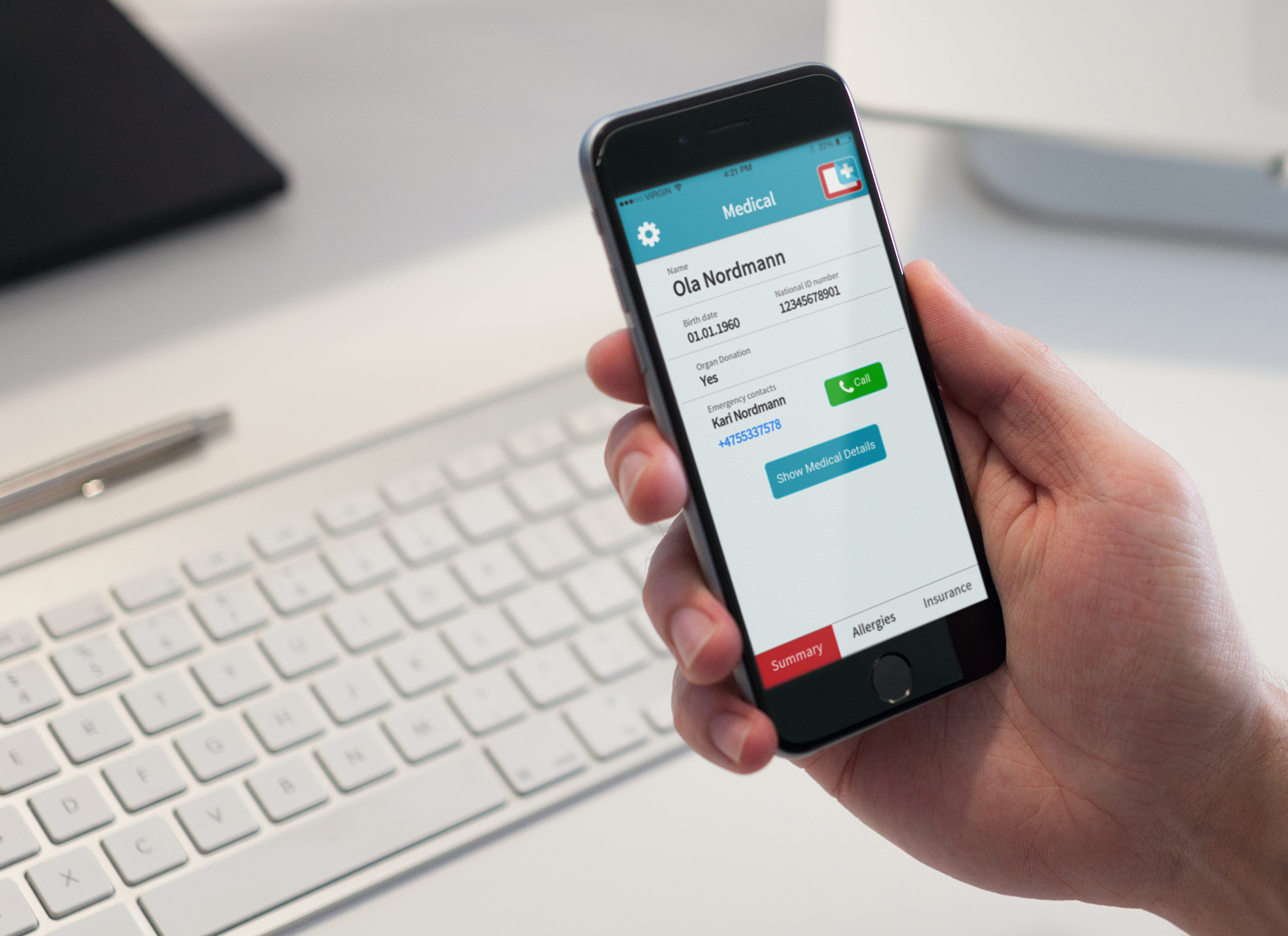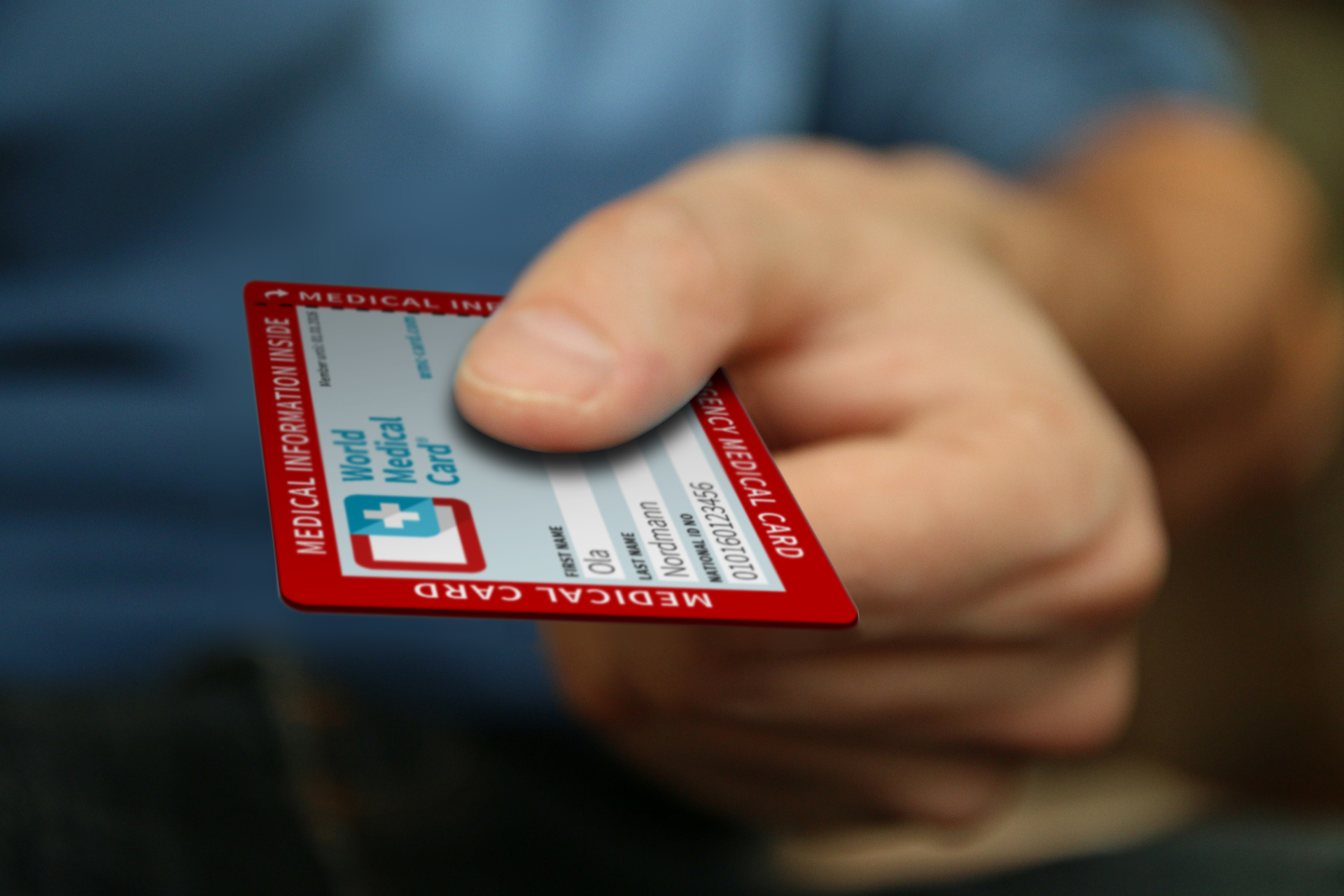Allergies, often seen as a nuisance, can pose serious health risks if left untreated. Even seemingly mild allergic reactions can escalate into life-threatening emergencies. Understanding the potential dangers of untreated allergies is crucial for protecting your health and the health of those around you.
Anaphylaxis: A Medical Emergency
The most severe allergic reaction is anaphylaxis. It can cause a rapid drop in blood pressure, difficulty breathing, and loss of consciousness. If not treated promptly, anaphylaxis can be fatal. Symptoms of anaphylaxis include:
- Difficulty breathing or wheezing
- Swelling of the face, lips, tongue, or throat
- Rapid heartbeat
- Dizziness or lightheadedness
- Nausea or vomiting
- Abdominal pain
- Loss of consciousness
Other Potential Complications
While anaphylaxis is the most severe consequence of untreated allergies, other complications may also occur:
- Chronic Conditions: Untreated allergies can lead to chronic conditions like asthma or sinusitis.
- Sleep Disturbances: Allergic symptoms, such as nasal congestion or itchy eyes, can disrupt sleep, leading to fatigue and irritability.
- Impaired Quality of Life: Allergies can significantly impact daily activities and overall well-being.
Seeking Medical Attention
If you experience a severe allergic reaction or have concerns about your allergies, it’s essential to seek medical attention immediately. A healthcare professional can diagnose your allergies and recommend appropriate treatment.
Prevention and Treatment
While there’s no cure for allergies, prevention and treatment can help manage symptoms and reduce the risk of severe reactions. Strategies include:
- Allergen Avoidance: Identifying and avoiding allergens can prevent reactions.
- Medication: Over-the-counter antihistamines, decongestants, and nasal sprays can help manage symptoms.
- Allergy Shots (Immunotherapy): In severe cases, allergy shots can help reduce sensitivity to allergens over time.
- Emergency Preparedness: Individuals with severe allergies should carry an epinephrine auto-injector (EpiPen) and have a plan in place for emergencies.
If you are already prepared, there is one more thing you can do.
Help Receiving More Accurate and Speedy Treatment
For those with mild and severe allergies, the World Medical Card® could be a lifesaver. Membership helps you receive more accurate and speedy treatment at home or abroad.
The World Medical Card® is a user-friendly medical alert card and App that conveniently stores members’ vital medical information. The user-generated data ensures that medical professionals and first responders can quickly access and use the information to provide accurate treatment in an emergency.
World Medical Card® is designed using the World Health Organization’s global standards codes (ICD and ATC), encompassing medical conditions recognised worldwide. This means that members can be assured of swift access to their medical information, enhancing the accuracy and speed of care delivery in any part of the globe.
World Medical Card® is available to everyone, from individuals and families to businesses big and small. It offers a sense of security to all, regardless of their medical history. In a medical emergency, it eliminates delays and could save lives, making it an invaluable asset for personal safety.







